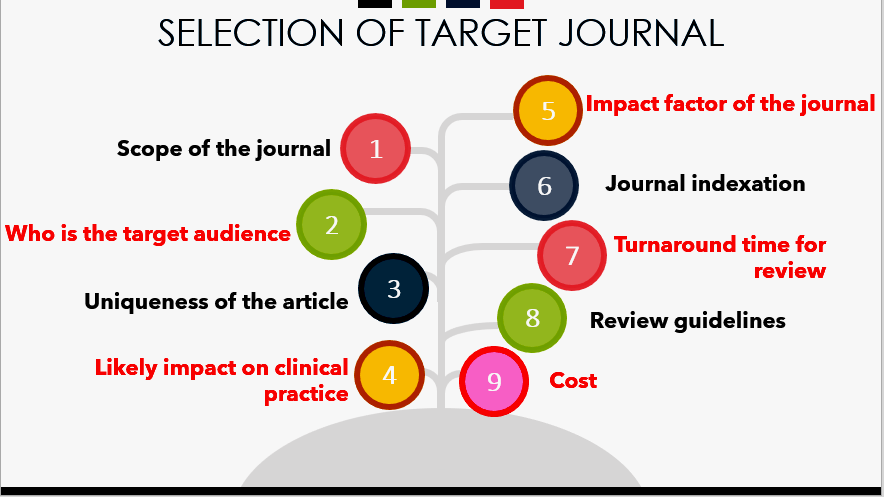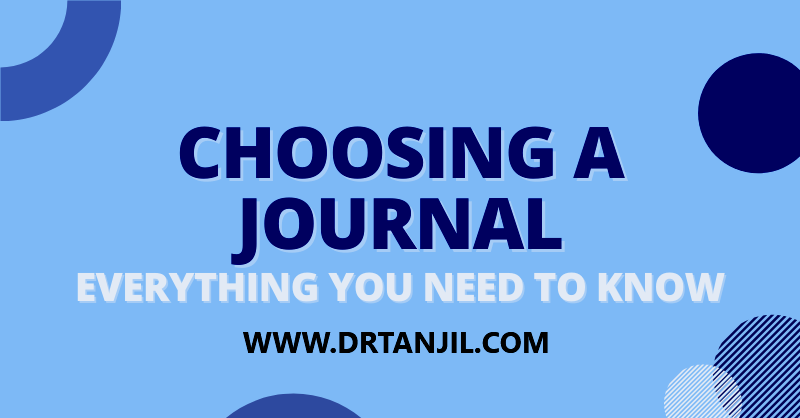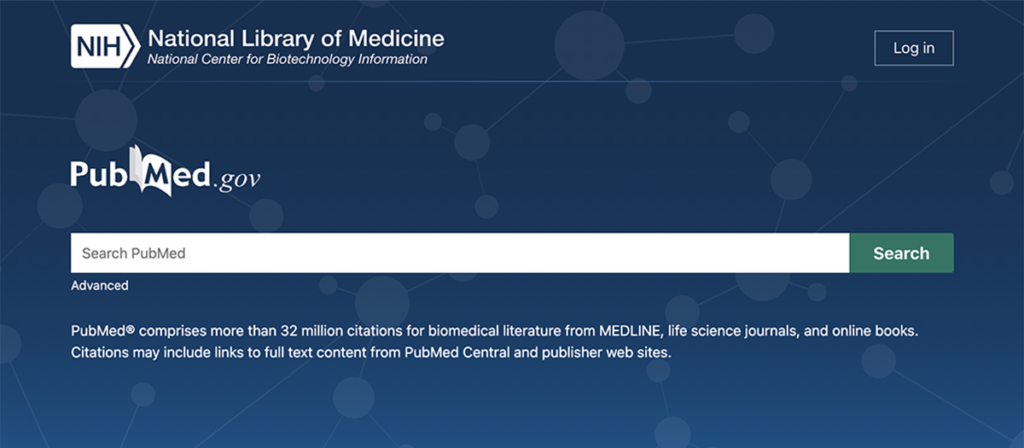Choosing the right journal for your research is one of the most crucial steps in the publication process. The journal you select not only determines the visibility and reach of your work but can also significantly impact your professional reputation and career trajectory. This article aims to guide you through the essential considerations for selecting an appropriate journal, helping you make an informed decision that aligns with your research goals.
Evaluating the Reputation of Journals
The reputation of a journal is a critical factor in your decision-making process. A reputable journal can enhance your work’s credibility and ensure it reaches an engaged audience. Here are some key aspects to evaluate:
1. Impact Factor
The impact factor measures the average number of citations received by articles published in a journal within a specific timeframe. While this metric can indicate a journal’s visibility and influence within the scientific community, it should not be the sole criterion for your decision. Consider how the journal’s impact factor aligns with your research area and whether it reflects the quality of the work you aim to publish.
2. Journal Ranking
Various organizations provide rankings that evaluate journals based on citation metrics, publication quality, and international collaboration. Notable ranking systems include:
- SCImago Journal Rank (SJR): This ranks journals based on their citation impact and the prestige of the journals where such citations come from.
- Journal Citation Reports (JCR): This provides impact factors and additional insights into journal performance.
Review these rankings to gain insights into a journal’s standing within its field, which can aid in making a well-rounded choice.
3. Peer Recognition
Peer recognition plays a significant role in establishing a journal’s reputation. Consult with mentors, colleagues, and other researchers in your field to identify which journals are held in high esteem. Their experiences and recommendations can provide valuable insights into the journals that maintain rigorous editorial standards.
4. Editorial Board and Reviewers
Investigating the expertise and reputation of a journal’s editorial board and reviewers is crucial. A reputable journal will typically feature respected experts in the field who can ensure rigorous peer review and uphold high publication standards.
Assessing Journal Scope and Target Audience
Understanding a journal’s scope and target audience is vital to ensuring that your research aligns with its content. Here are some factors to consider:
1. Aims and Scope
Review the journal’s aims and scope statement to determine if your research topics and themes are a good fit. Aligning your research questions and objectives with the journal’s focus will enhance your chances of acceptance and relevance to the readership.
2. Specializations and Subfields
Many journals specialize in specific subfields within a broader discipline. If your research focuses on a niche area, consider targeting journals dedicated to those specializations. This can improve your chances of reaching the intended audience and increase the impact of your work.
3. Interdisciplinary Journals
For research that spans multiple disciplines, interdisciplinary journals can provide an excellent platform. These journals attract a diverse readership, allowing your work to reach scholars from various fields and encouraging broader discussions.

Considering Open Access Options
Open-access publishing has gained popularity for its ability to enhance the accessibility of research findings. When selecting a journal, consider its open-access options:
1. Gold and Hybrid Open Access
- Gold open-access journals make articles freely available upon publication, ensuring that readers can access your work without restrictions.
- Hybrid journals offer a combination of open-access and subscription-based content. Understanding a journal’s open-access policies can help you decide if they align with your objectives and funding capabilities.
2. Article Processing Charges (APCs)
Some open-access journals charge article processing charges (APCs) to cover the costs of publication, editing, and peer review. Assess your funding availability and carefully evaluate the APCs associated with potential journals before submitting your work.
3. Creative Commons Licenses
Open-access journals often utilize Creative Commons (CC) licenses to dictate the permissions granted to readers. These licenses range from allowing unrestricted reuse and redistribution to more restrictive options. Choose a license that aligns with your preferences and desired level of control over your work.
4. Repository Policies
Consider whether the journal permits authors to deposit preprints or post-prints of their articles in institutional or subject-specific repositories. Understanding a journal’s self-archiving policies can help you comply with open-access mandates and enhance the visibility of your research.
Making an Informed Decision
Choosing the right journal involves careful consideration of several factors, including reputation, scope, target audience, and open-access options. Balancing these elements can maximize the impact of your research and ensure it reaches the appropriate audience.
Personalized Journal Selection Assistance
If you’re seeking expert assistance in selecting the right journal for your research, consider utilizing specialized services that can provide personalized recommendations. A team of experienced professionals understands the intricacies of scholarly publishing and can offer valuable guidance tailored to your research goals.
Conclusion
The journey to publication can be complex, but selecting the right journal is a critical first step. By evaluating the journal’s reputation, understanding its scope, and considering open-access options, you can make informed decisions that enhance the visibility and impact of your research. Remember, careful planning and strategic choices in your publication process can lead to greater recognition and engagement within your field.


